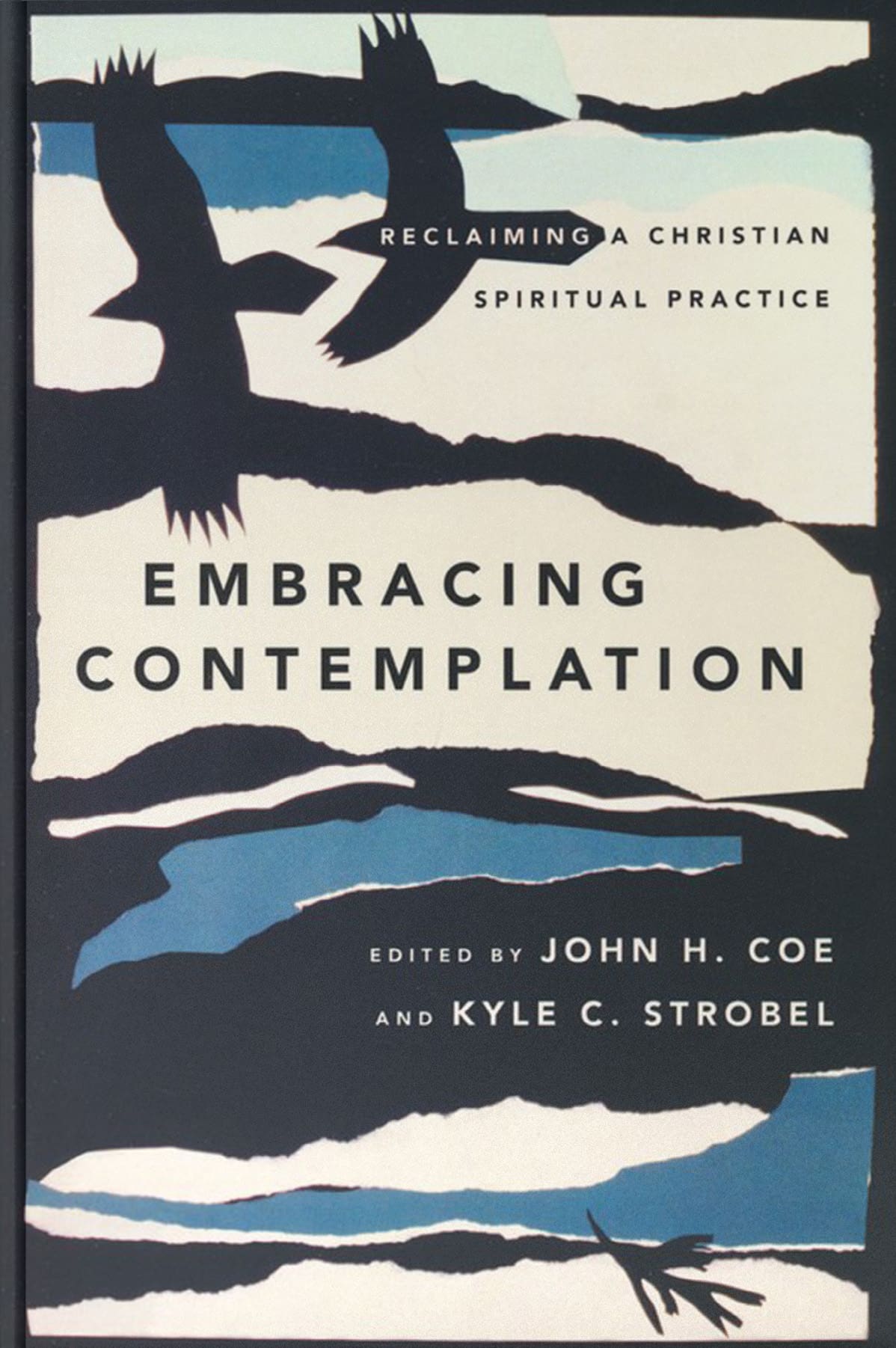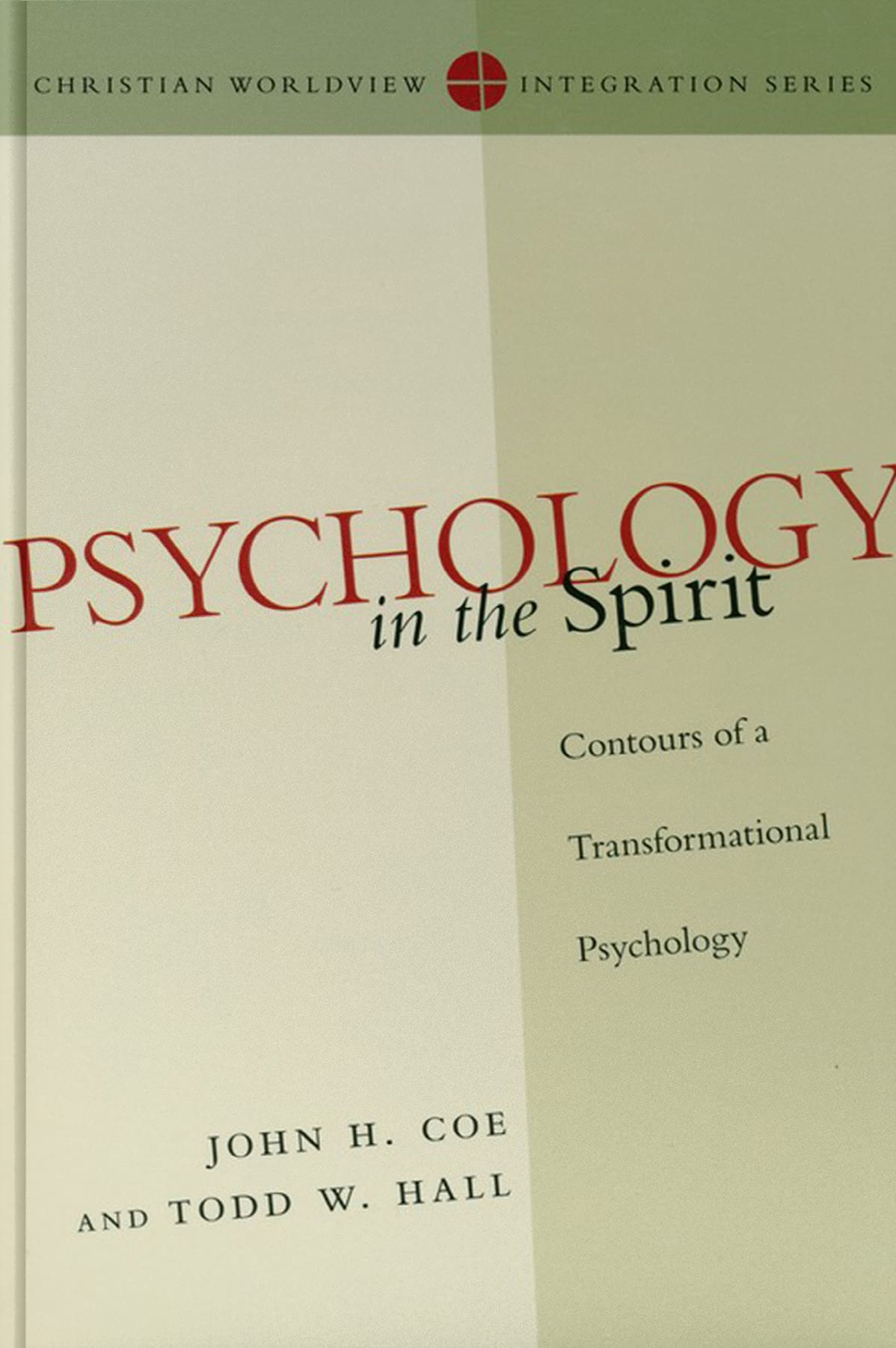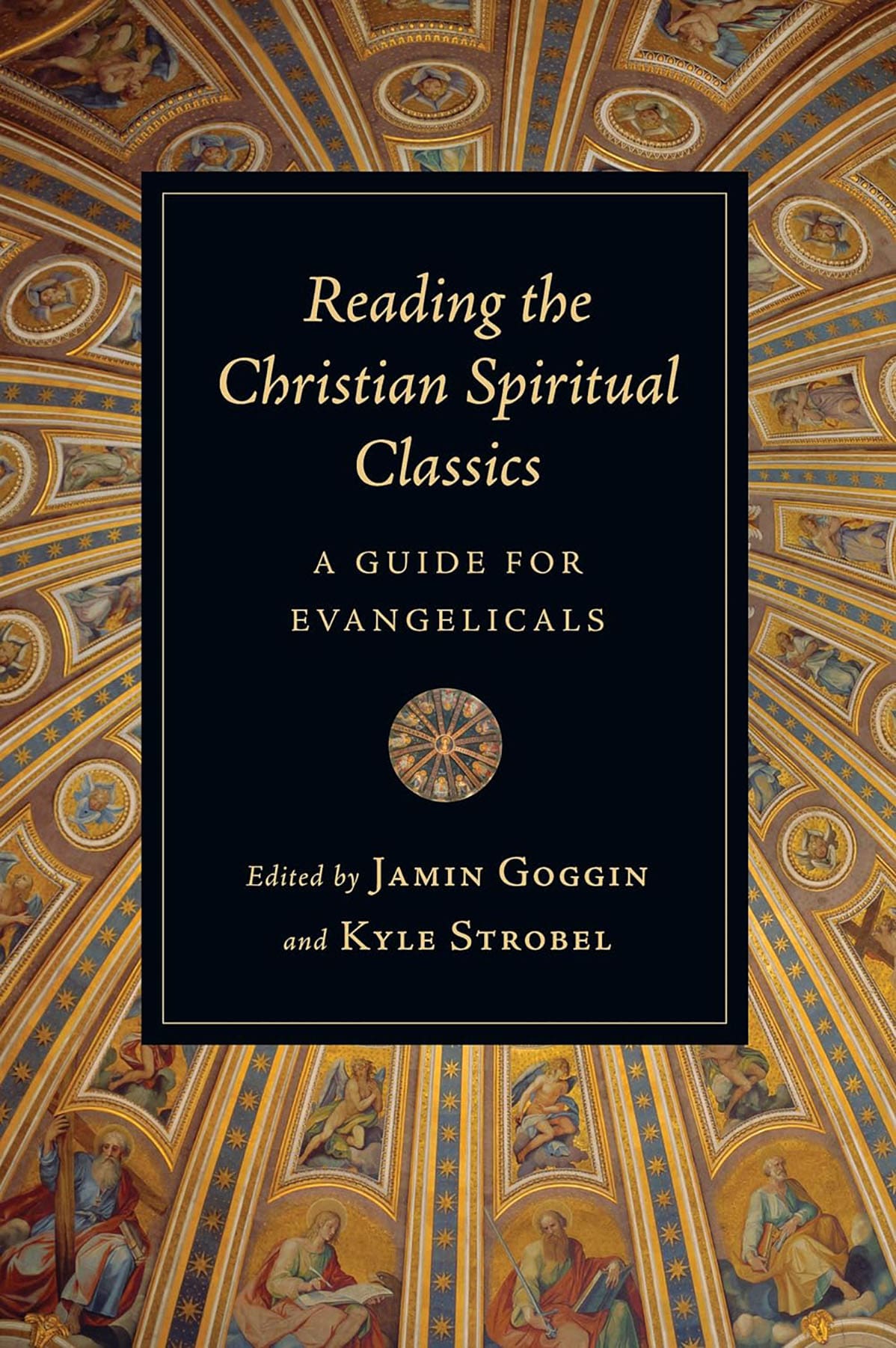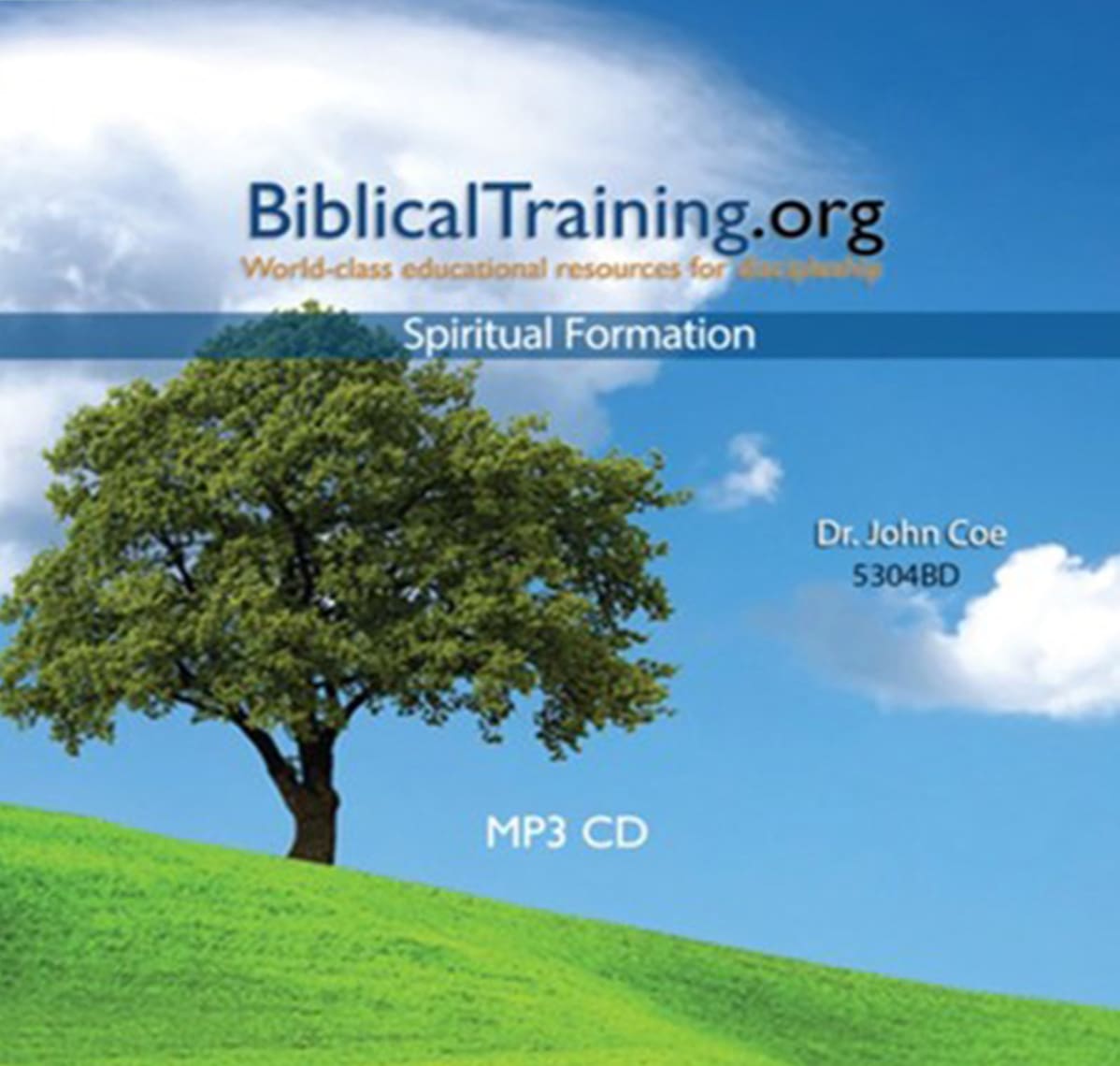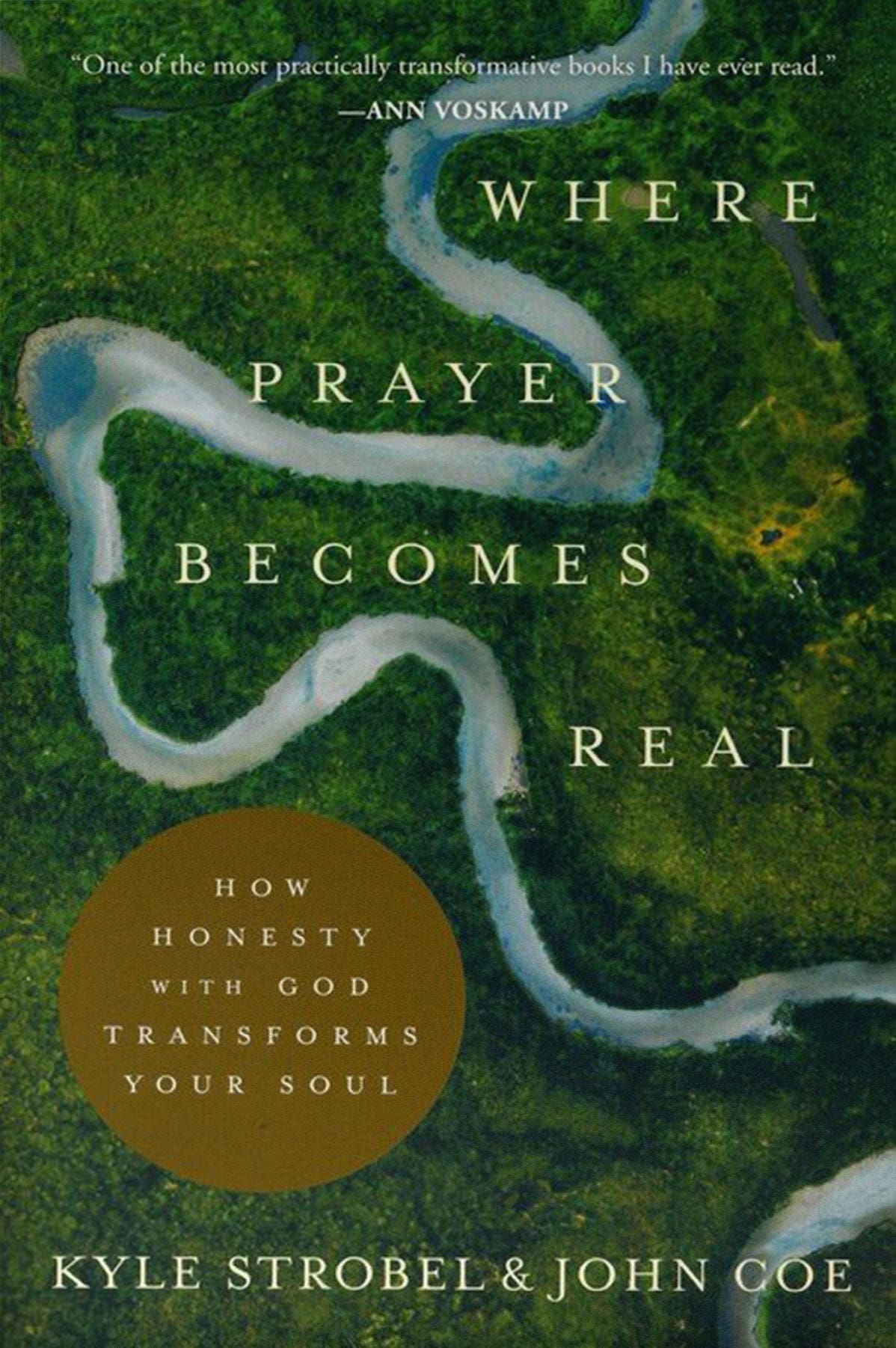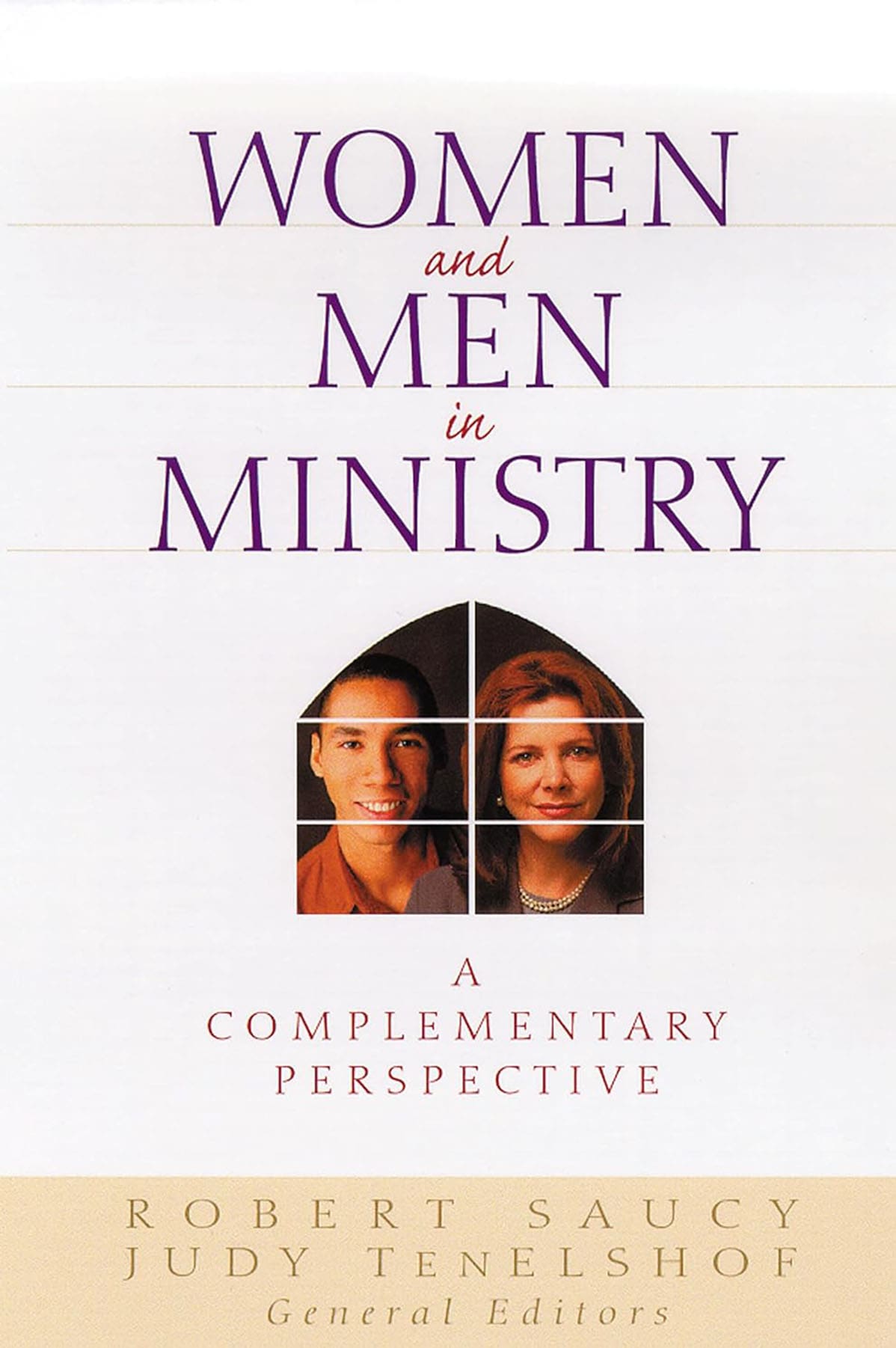Embracing Contemplation: Reclaiming a Christian Spiritual Practice
What does a Christian life lived “by the Spirit” look like? Bringing together scholars and practitioners of spiritual formation from across the Protestant spectrum, this volume offers a distinctly evangelical consideration of the benefits of contemplation. The contributors draw on historical examples from the church-including John Calvin, Richard Baxter, Jonathan Edwards, and John Wesley-to consider how contemplative prayer can shape Christian living today. The result is a robust guide to embracing contemplation that will help Christians as they seek to keep in step with the Spirit.

